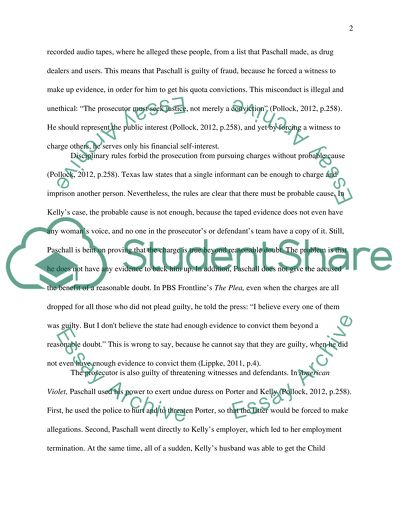Cite this document
(“Film: American Violet1 (2008) The Public Broadcasting Station series Essay”, n.d.)
Film: American Violet1 (2008) The Public Broadcasting Station series Essay. Retrieved from https://studentshare.org/law/1601208-film-american-violet1-2008-the-public-broadcasting-station-series-frontline-documentary-ethical-violations-and-ethical-dilemma-analyze
Film: American Violet1 (2008) The Public Broadcasting Station series Essay. Retrieved from https://studentshare.org/law/1601208-film-american-violet1-2008-the-public-broadcasting-station-series-frontline-documentary-ethical-violations-and-ethical-dilemma-analyze
(Film: American Violet1 (2008) The Public Broadcasting Station Series Essay)
Film: American Violet1 (2008) The Public Broadcasting Station Series Essay. https://studentshare.org/law/1601208-film-american-violet1-2008-the-public-broadcasting-station-series-frontline-documentary-ethical-violations-and-ethical-dilemma-analyze.
Film: American Violet1 (2008) The Public Broadcasting Station Series Essay. https://studentshare.org/law/1601208-film-american-violet1-2008-the-public-broadcasting-station-series-frontline-documentary-ethical-violations-and-ethical-dilemma-analyze.
“Film: American Violet1 (2008) The Public Broadcasting Station Series Essay”, n.d. https://studentshare.org/law/1601208-film-american-violet1-2008-the-public-broadcasting-station-series-frontline-documentary-ethical-violations-and-ethical-dilemma-analyze.


